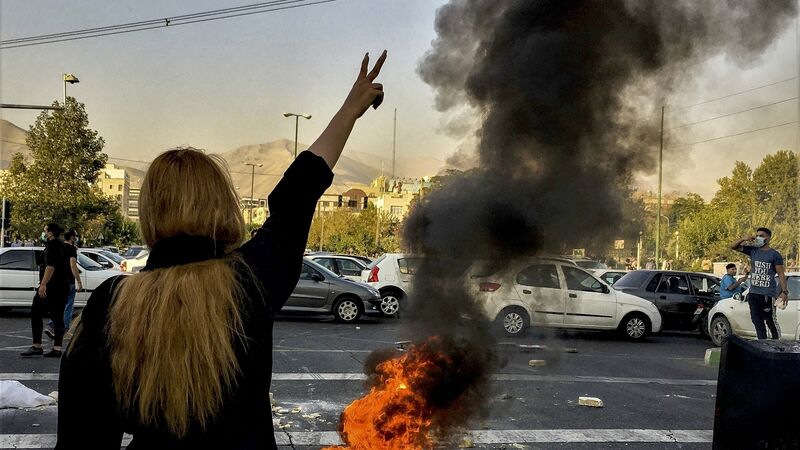UN council ousts Iran from commission backing women

The UN Economic and Social Council voted on Wednesday to immediately oust Iran from the UN’s premiere global body fighting for gender equality because of its systematic violation of the rights of women and girls, a decision the United States hailed as “historic” and Iran claimed was based on “fabricated allegations”.
The US-sponsored resolution was sparked by Iran’s ongoing brutal crackdown on peaceful protesters who took to the streets in September after the death of a 22-year-old woman taken into custody by the morality police.











